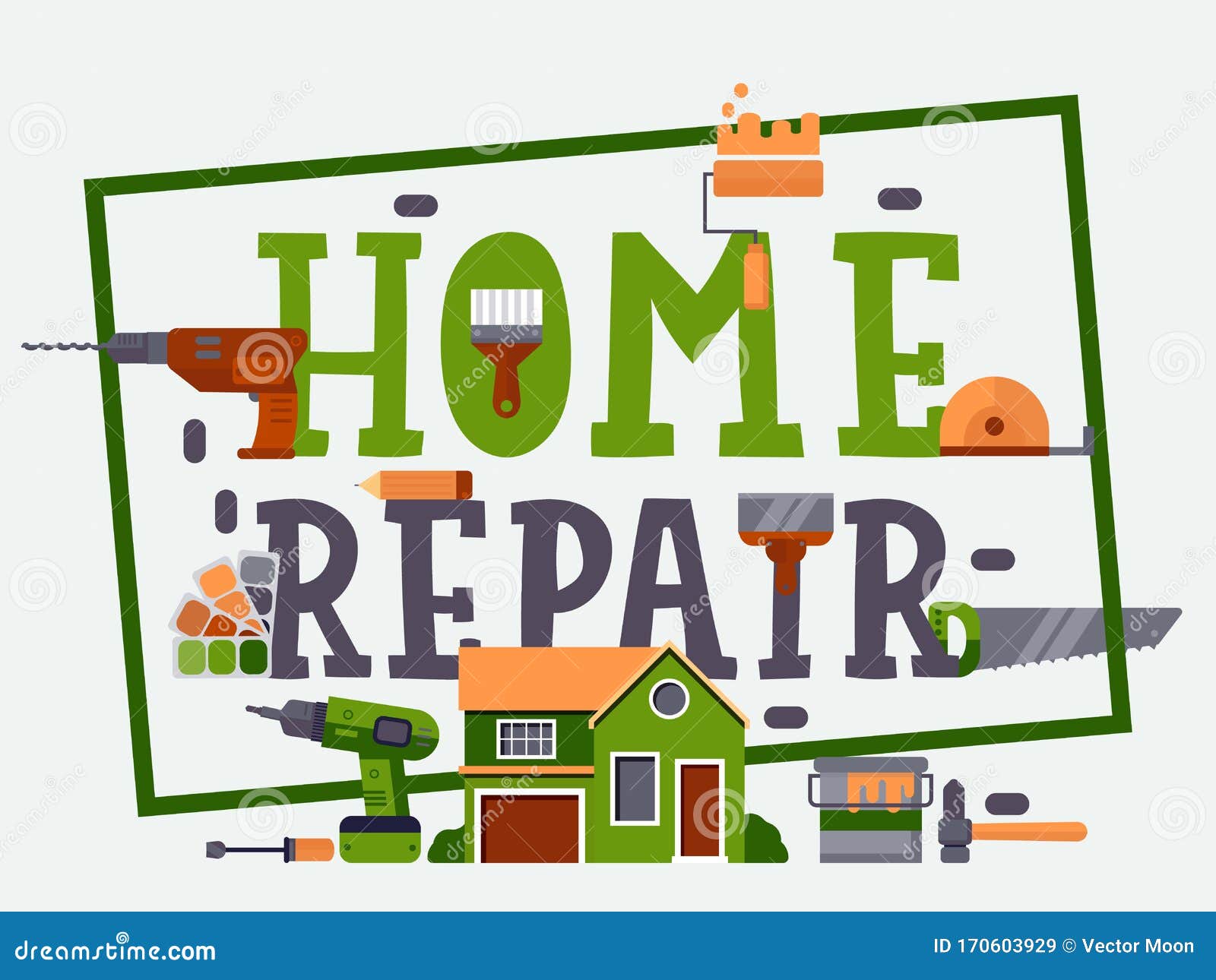How to Maintain a Pest-Free Home Year-Round
Keeping your home free from pests is not just about cleanliness but involves a strategic approach to prevent these unwanted guests from settling in. Here's an in-depth guide to ensure your home remains pest-free throughout the year, optimized for both comfort and SEO to help homeowners everywhere.
Understand Common Household Pests
Before embarking on pest prevention, it’s essential to know your foes. Common household pests include:
- Ants
- Cockroaches
- Rats and mice
- Termites
- Spiders
- Fleas and ticks
- Flies
- Mosquitoes
Each of these pests requires slightly different tactics for prevention and control.
Seal Entry Points
Pests enter your home through the tiniest of cracks. Here's how you can seal them out:
- Inspect Your Home: Look for gaps around windows, doors, roof lines, and entry points near plumbing lines. Use silicone caulk to seal cracks and holes.
- Weather Stripping: Install or repair weather stripping on doors and windows to block pests' entry.
- Door Sweeps: Fit doors with sweeps at the bottom to prevent critters from squeezing underneath.
Maintain Cleanliness
Keeping your home clean is one of the most effective strategies:
- Regular Cleaning: Vacuum frequently, especially in hidden areas like under furniture or in corners where crumbs and dust accumulate.
- Storage Solutions: Use sealed containers for food storage to keep pantry pests like ants and weevils at bay.
- Trash Management: Keep garbage in bins with tight-fitting lids, both indoors and outdoors. Empty regularly to avoid attracting pests.
- Declutter: Clutter provides hiding spots for pests. Organize and reduce unnecessary items around your home.
Control Moisture
Many pests thrive in moist environments. Here's how to keep areas dry:
- Fix Leaks: Repair all leaks, including those from pipes, faucets, and under sinks.
- Ventilation: Improve ventilation in attics, basements, and bathrooms to reduce humidity which can attract pests like mold-feeding insects.
- Drainage: Ensure that water flows away from your home's foundation to prevent moisture collection which can attract termites and mosquitoes.
Landscaping and Outdoor Measures
Your yard can act as an entry point or deterrent:
- Garden Care: Trim plants away from touching your home. Keep grass short and shrubs away from windows, doors, and walls.
- Water Management: Avoid overwatering the garden which can lead to pooling water, ideal for mosquito breeding.
- Lighting: Consider yellow or sodium-vapor lights outside, which are less attractive to insects.
Natural Deterrents and Repellents
For those preferring a chemical-free approach:
- Essential Oils: Use sprays made from peppermint, lavender, or eucalyptus oils around entry points. These can deter spiders and ants.
- Diatomaceous Earth: Sprinkle non-toxic diatomaceous earth in areas where insects might travel; it dehydrates and kills pests like ants and cockroaches.
- Herbs: Plant herbs like rosemary, basil, or mint in the garden or use as indoor plants, which repel various insects.
Professional Pest Control
Sometimes, despite our best efforts, professional pest control might be necessary:
- Regular Inspections: Schedule annual or semi-annual checks from pest control services to spot and address any pest signs early.
- Treatment Plans: Discuss tailored treatment options for your home's specific needs, focusing on both chemical and non-chemical methods.
- Follow-up: Ensure there's a follow-up plan in place to tackle any re-infestations.
Seasonal Considerations
Pest behaviors change with the seasons:
- Spring: Watch for ants and winged termites. This is when they swarm to mate, making it the ideal time to treat.
- Summer: Mosquitoes, flies, and outdoor activities increase pest pressure. Keep screens intact and consider outdoor treatments.
- Fall: Rodents seek shelter as the temperature drops. Ensure all entry points are sealed.
- Winter: Internal pests like mice can thrive indoors. Look for signs of gnawing or droppings.
Integrated Pest Management (IPM)
IPM strategies involve monitoring, identifying, and controlling pests using a combination of methods:
- Physical Controls: Traps, barriers, and environmental modifications.
- Biological Controls: Using natural predators or parasites to control pest populations.
- Cultural Controls: Changing human practices that attract pests, like managing waste.
- Chemical Controls: As a last resort, use selective and least harmful chemicals.
Maintaining a pest-free home year-round requires vigilance, proactive measures, and a bit of know-how. By integrating these strategies, not only will your home be less inviting to pests, but you'll also contribute to a healthier living environment. Regular checks and adjustments to your pest control tactics will ensure your efforts remain effective over time, keeping your space safe, clean, and pest-free.


